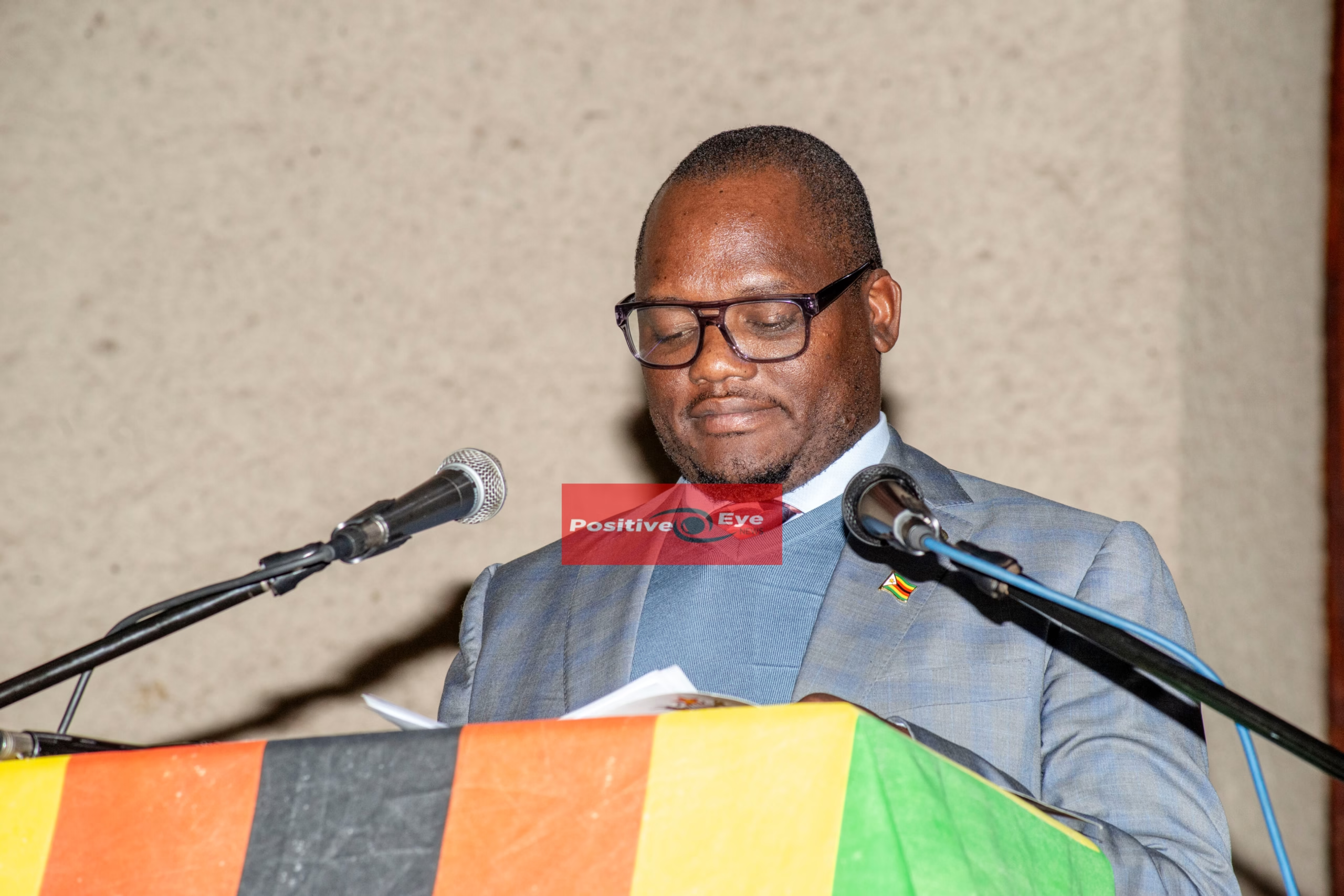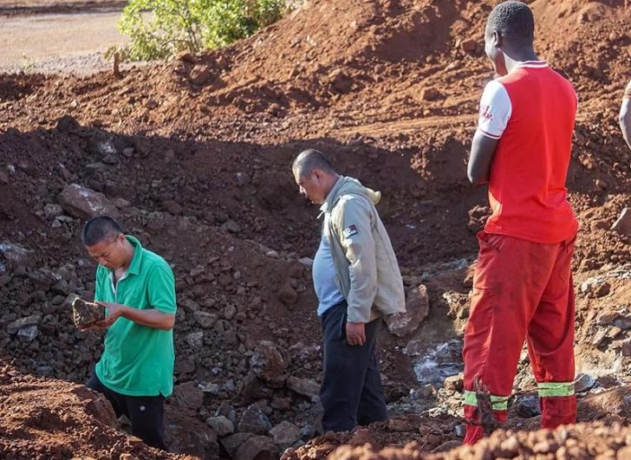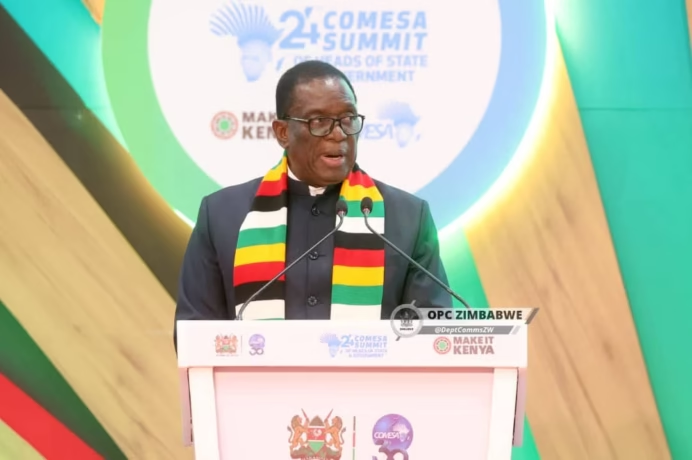
By AldridgeDzvene
Zimbabwe’s development path is gaining renewed momentum, with faith institutions now standing at the centre of the national transformation agenda. At a landmark session during the National Multi-Faith Economic Dialogue held at the ZANU PF Headquarters in Harare, Special Presidential Investment Advisor Dr. Paul Tungwarara launched a faith-based empowerment initiative under the Presidential Employment Schemes. The initiative calls on churches, mosques, and temples to become active economic agents, leading development in their communities in line with the country’s Vision 2030.
Addressing religious leaders from across denominations, Dr. Tungwarara presented a compelling vision that shifts religious institutions from being purely spiritual sanctuaries to becoming hubs of economic participation, entrepreneurship, and community empowerment. He emphasized that faith institutions have the moral authority, physical presence, and organisational reach to catalyse development at grassroots level.
“This is your time,” declared Dr. Tungwarara. “You are no longer just places of worship, you are places of empowerment, you are places of progress.”
The initiative, guided by the values of Vision 2030 and anchored in the National Development Strategy 2, will enable faith leaders to spearhead projects in agriculture, infrastructure, education, and youth training. Key illustrations of the programme’s scope included support for building materials such as 200,000 bricks and five trucks of cement, along with solar-powered boreholes to enhance rural water access. These examples were presented not as handouts, but as symbols of the broader infrastructure faith institutions are encouraged to plan for.
One of the most uplifting moments came when Bishop Dr. Nehemiah Mutendi, leader of the Zion Christian Church (ZCC), shared reflections from his recent visit to the Vatican. He spoke passionately about the unity he witnessed among global religious leaders and called on Zimbabwean churches to adopt the same spirit of cooperation and shared vision.
“Zimbabwe is rising from within, through its own capacity,” said Bishop Mutendi. “We must unite not just in prayer, but in action. Churches are not only houses of God, they are carriers of wisdom and hope.”
He further emphasized the importance of mindset transformation as a development tool, stressing that building Zimbabwe begins in the hearts and minds of its people. “Human capital is not only about skills, it is about attitude, discipline, and belief,” he noted. “As faith leaders, we are the builders of that mindset.”
Bishop Mutendi also underscored the need for patriotism, calling on churches to actively support national goals and national identity. “This land is ours. Let us develop it with love. Let us serve it with faith,” he said.
Dr. Tungwarara’s initiative also unveiled plans for the Multi-Faith Financial Corporation, a dedicated platform to help faith-based institutions access funding, build capacity, and implement community-driven projects. It is expected to provide training and technical assistance to churches looking to venture into sustainable enterprises that benefit their congregations.
The response from attending church leaders was overwhelmingly positive. Many expressed readiness to align their work with the national development agenda, affirming that the time for action has come. Several pointed out that the church has always been a source of strength in communities, and that this initiative provides a practical path to extend that role into areas of livelihood and opportunity.
This launch represents a significant shift in Zimbabwe’s development model, one that recognises the value of indigenous networks and institutions in building a resilient economy. By placing churches and other faith-based structures at the centre of the empowerment strategy, the government is tapping into one of the most trusted and far-reaching sectors in the country.
However, as many leaders noted, the real success of this initiative will depend on coordination, transparency, and follow-through. Faith institutions must organise themselves for impact. Structures must be set up to manage resources, measure progress, and ensure that programmes are inclusive, sustainable, and community-led.
This initiative has stirred a powerful sense of purpose. It is not just a policy launch, but a movement, one that is activating the church not just to preach the gospel of salvation, but to live the gospel of transformation. With faith as the foundation and action as the mission, churches across Zimbabwe now carry not only spiritual responsibility, but national responsibility as well.
As Zimbabwe looks toward becoming an upper-middle-income economy by 2030, the role of the church is no longer marginal. It is central. With unity, wisdom, and love for country, the church is rising, from within, to build the Zimbabwe we all believe in.




